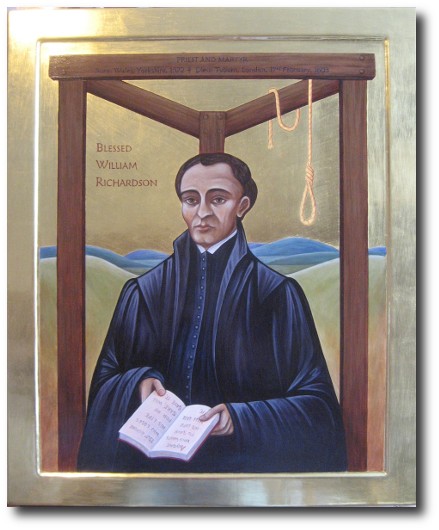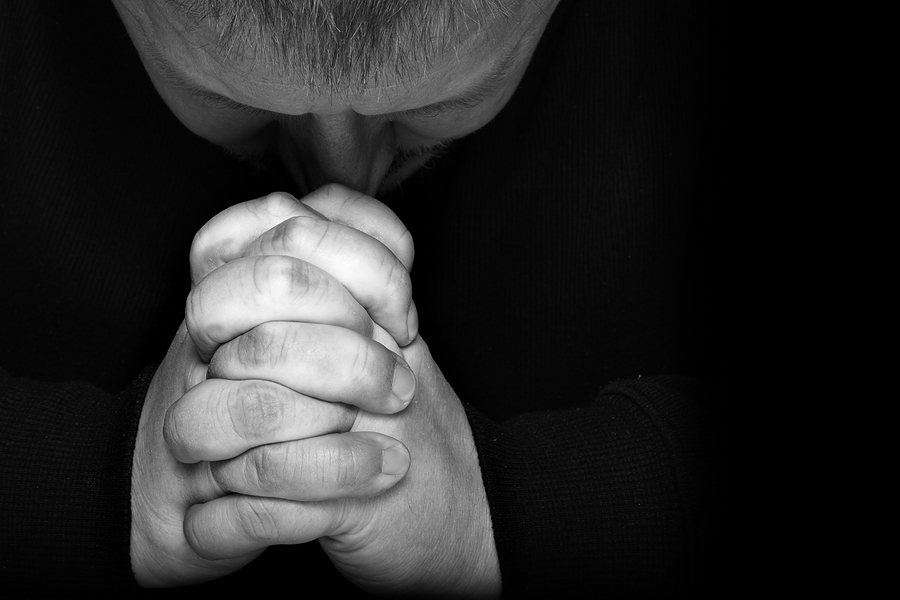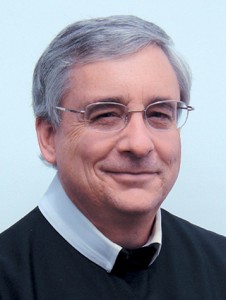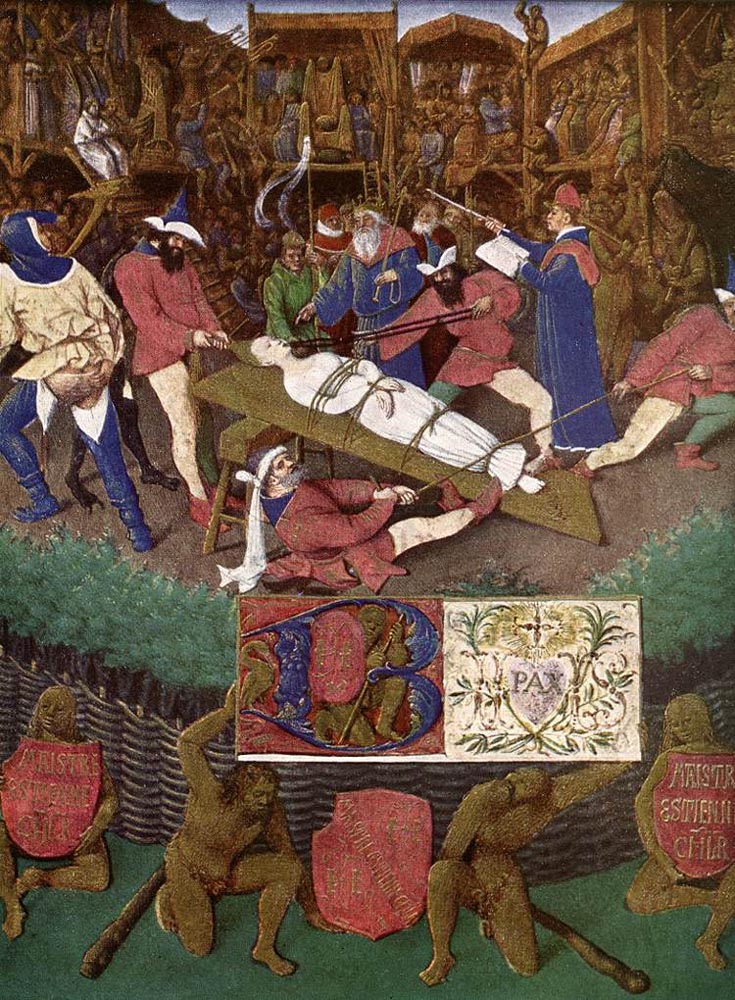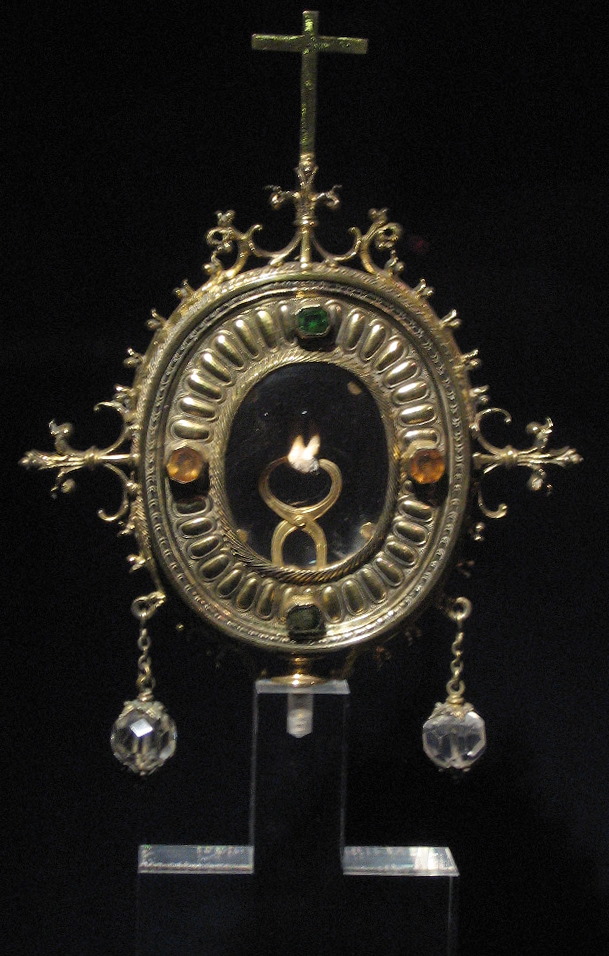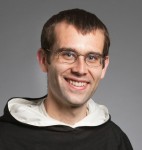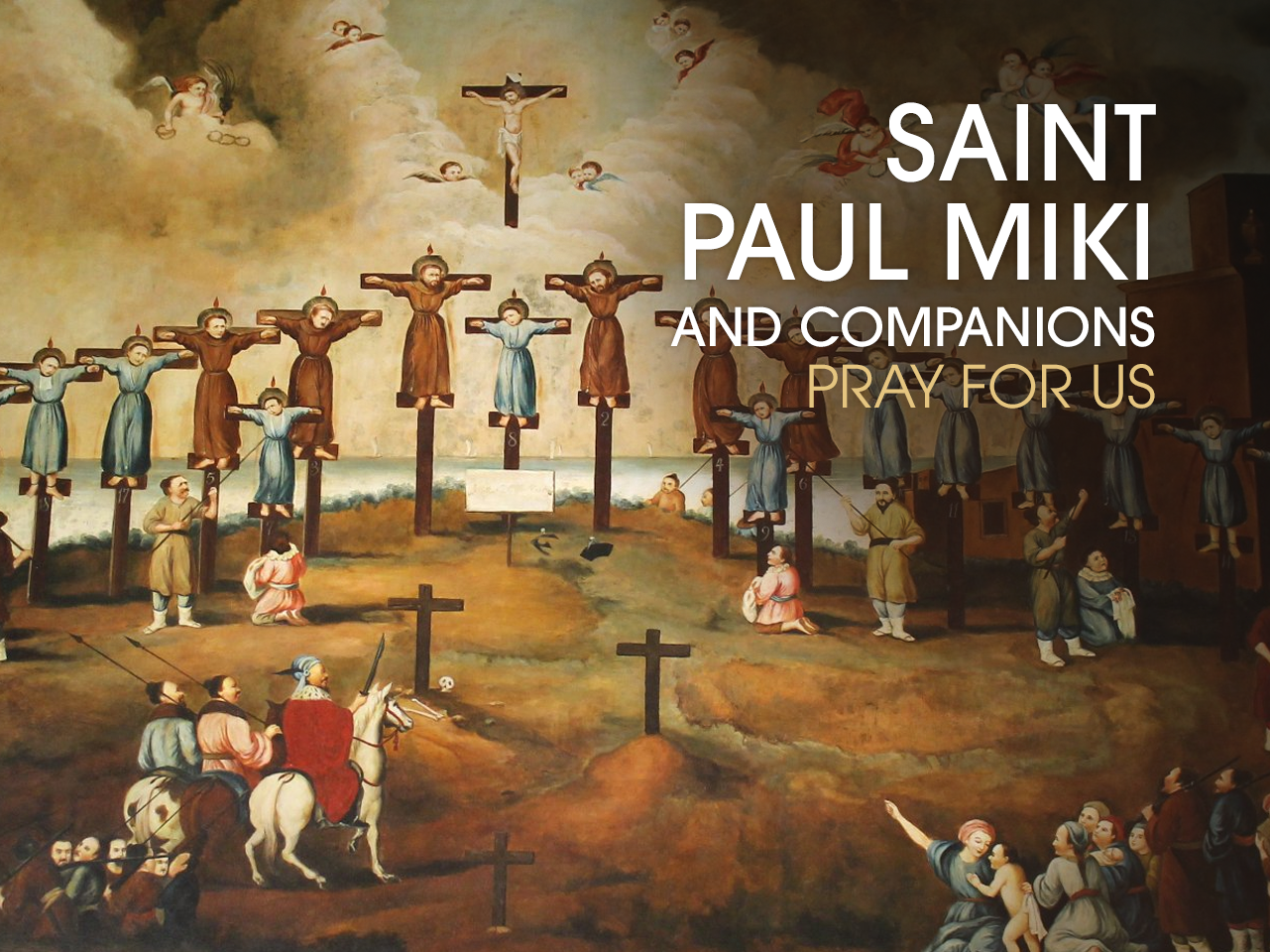There’s a popular version of the Protestant Reformation that goes something like this: By the sixteenth century, the Catholic Church had become thoroughly corrupted. Its doctrines were tainted by superstitions and false “traditions of men”; its leaders were depraved, forsaking the gospel to indulge their worldly greed and lust; and its practices kept Catholics living in ignorance and fear.
Only the heroism of Martin Luther and John Calvin, the story continues, was able to break the Catholic Church’s grip on power and lead the Christian world out of medieval darkness into the light of true biblical faith.
Chances are you’ve heard this story before. But it’s just a big myth, says historian Steve Weidenkopf. We recently sat down with Professor Weidenkopf to dig even deeper into this tumultuous time in the history of the Church.
Q. You refer to a period that most people know of as the Protestant Reformation as the Protestant Revolution. Can you explain?
A. We must recall that the history taught in our country is presented primarily through an English-Protestant perspective. That perspective presents the events of the sixteenth century in the guise of a “reformation.” This false narrative, which is extremely prevalent even among Catholics, paints the Catholic Church of the sixteenth century as an evil, oppressive, power-hungry monolith that was bent on the destruction of religious freedom. Its leaders were motivated by greed and maintained their power through the creation of superstitious practices that played on the ignorance of the masses. The heroic actions of Martin Luther and John Calvin, the false narrative maintains, freed the Christian Faith from popery and made the Scriptures accessible to all Christians. In reality, Luther and Calvin were not interested in the authentic reform of the Church but desired her complete destruction. Authentic Church reform involves the correction of abuses, the restoration of good habits, and the maintenance of the foundational aspects of the Church, such as its hierarchical structure and sacramental constitution. Any movement that seeks to destroy the Church—its organization, its sacraments, its way of life—and replace it with something new and not in conformity with apostolic tradition and history is a revolution, not a reformation. Studying the writings and lives of Luther and Calvin reveals that these men were not reformers but revolutionaries who sought the abolition of the Mass and other sacraments and the destruction of the Church’s apostolic foundations.
Q. Luther seemed to be a polarizing figure. What was happening at this time and place in history that made his teachings so attractive to so many people?
A. There is no doubt the Church was in need of reform in the sixteenth century. Many ecclesiastical abuses needed to be corrected, such as simony (the buying and selling of Church offices), nepotism, absenteeism (bishops not living in their dioceses), pluralism (bishops holding more than one diocese), and immoral clergy. Many within the Church urged the papacy to implement a comprehensive reform, and some popes attempted to do so. As an example, Pope Julius II called the Fifth Lateran Council to address these ecclesiastical abuses, but it completed its work only seven months before Luther’s 95 Theses, which was not enough time to implement its reform decrees throughout the Church. Additionally, the popes of the early sixteenth century, known as the “Renaissance Popes,” were more concerned with being secular princes than universal shepherds. The papacy suffered a significant loss of prestige during the fifteenth century, when the popes lived in Avignon, France, for seventy years. Their return to Rome was then marked by a forty-year schism (known as the Great Western Schism) of anti-popes. These papal problems, along with the ecclesiastical abuses, produced a sense of disunity in Christendom that was ripe for rebellion. Other factors that attracted people to Luther’s revolution included the political constitution of Germany, which was a collection of hundreds of small independent territories nominally controlled by the Holy Roman Emperor. A rising German nationalist movement contributed animosity toward Rome (primarily due to the heavy taxes inflicted upon German dioceses by the papacy). So, political and religious conditions were suitable for a revolution against the Church.
Q. Do you think that reform in the Church was a resultant by-product of the Protestant Reformation/Revolution, and that some of the abuses that were pointed out resulted in reform in a positive direction?
A. Another term often used to describe the actions of the Church in the middle and late sixteenth century is the “Counter-Reformation.” Again, our history is told primarily through an English-Protestant perspective, and that term clearly illustrates that viewpoint. The very words imply the Protestant movement was an authentic reform that the Church then had to “counter” with her own reform. A more appropriate term, and one favored by many Catholic historians, is the “Catholic Reformation.” The Church did reform herself, primarily through the Council of Trent, the establishment of the Society of Jesus (the Jesuits), and the pontificates of Pope Paul III and Pope St. Pius V. The Church was on the path of reform before Luther and Calvin and would have ended the rampant ecclesiastical abuses without the Protestant Revolution. But I do think it’s fair to say the actions of Luther and Calvin focused the Church’s attention on the need for reform and provided a sense of urgency.
Q. The number of Protestant denominations is now very large and getting larger. Is it fair to say that the Protestant Revolution continues even today? If so, why?
A. I think that’s a fair statement. The fundamental nature of Protestantism centers religious authority in the individual instead of in the Church (or, more specifically, the magisterium). The insistence on individual interpretation of the Scriptures, which is a foundational tenet of Protestantism, means there will always be competing and contrasting teachings embraced by rival groups.
Q. How soon after the teachings of Luther and Calvin were formulated did other Protestant denominations begin to branch off because of doctrinal differences?
A. Differences among Protestants were present at the very beginning of the movement. Both Luther and Calvin dealt with severe critics of their teachings as well as splinter groups that advocated a radical departure from the Protestant Revolution. Luther debated the Swiss revolutionary Ulrich Zwingli at the Colloquy of Marburg in 1529, only twelve years after the publication of his 95 Theses. Zwingli disagreed with Luther on the nature of the Eucharist and other teachings, and both men detested each other. The Anabaptists violently captured the city of Muenster in 1534, where they destroyed the city’s Catholic churches, established a commune, and engaged in polygamy. Based on its interpretation of Scripture, this group rejected the validity of infant baptism in opposition to the teachings of Luther and the Church. John Calvin famously ordered the execution of the Spaniard Michael Servetus, who vehemently disagreed with Calvin’s teachings contained in his book The Institutes of the Christian Religion. Protestantism is a revolutionary movement, and like most such movements in history it spawned violence, destruction, and disunity, which have greatly impacted Church and European history for the past five hundred years.
Q. Besides being one of the fathers of the Reformation, is it fair to say that Luther was also the father of anti-Catholic rhetoric?
A. Actually, anti-Catholic rhetoric is as old as the Church itself. One can find clear examples of it in the early Church in the writings of various pagan Roman authors who wrote anti-Catholic tracts and pamphlets urging Romans not to convert to the Faith. Earlier “proto-Protestants” such as John Wyclif in England and Jan Hus in Bohemia attacked the Church and her teachings with vitriol. Luther, however, took anti-Catholic rhetoric to a new level in his writings when he referred to the Church as the “whore of Babylon” and the pope as the “anti-Christ.” Luther’s writings are full of hateful, sarcastic, and venomous attacks against the sacramental nature of the Church, her hierarchical organization, many of her pious practices, and even her embrace of Aristotelian philosophy in the writing of St. Thomas Aquinas. In fact, Luther called for the ban of Aristotle’s works in his 1520 treatise An Appeal to the Christian Nobility of the German Nation, writing that the “blind heathen” [Aristotle] was sent by God as “a plague” on the Church “on account of our sins.”
In The Real Story of the Reformation, Weidenkopf dismantles the mythical narrative about the two pivotal figures of the Protestant Reformation—or rather, Revolution, because what they wrought was not a reform of the Church but a radical break from it. He replaces that narrative with a true account of Luther and Calvin’s ideas, their actions and character, and their disastrous legacy for the modern world.”
Love,
Matthew

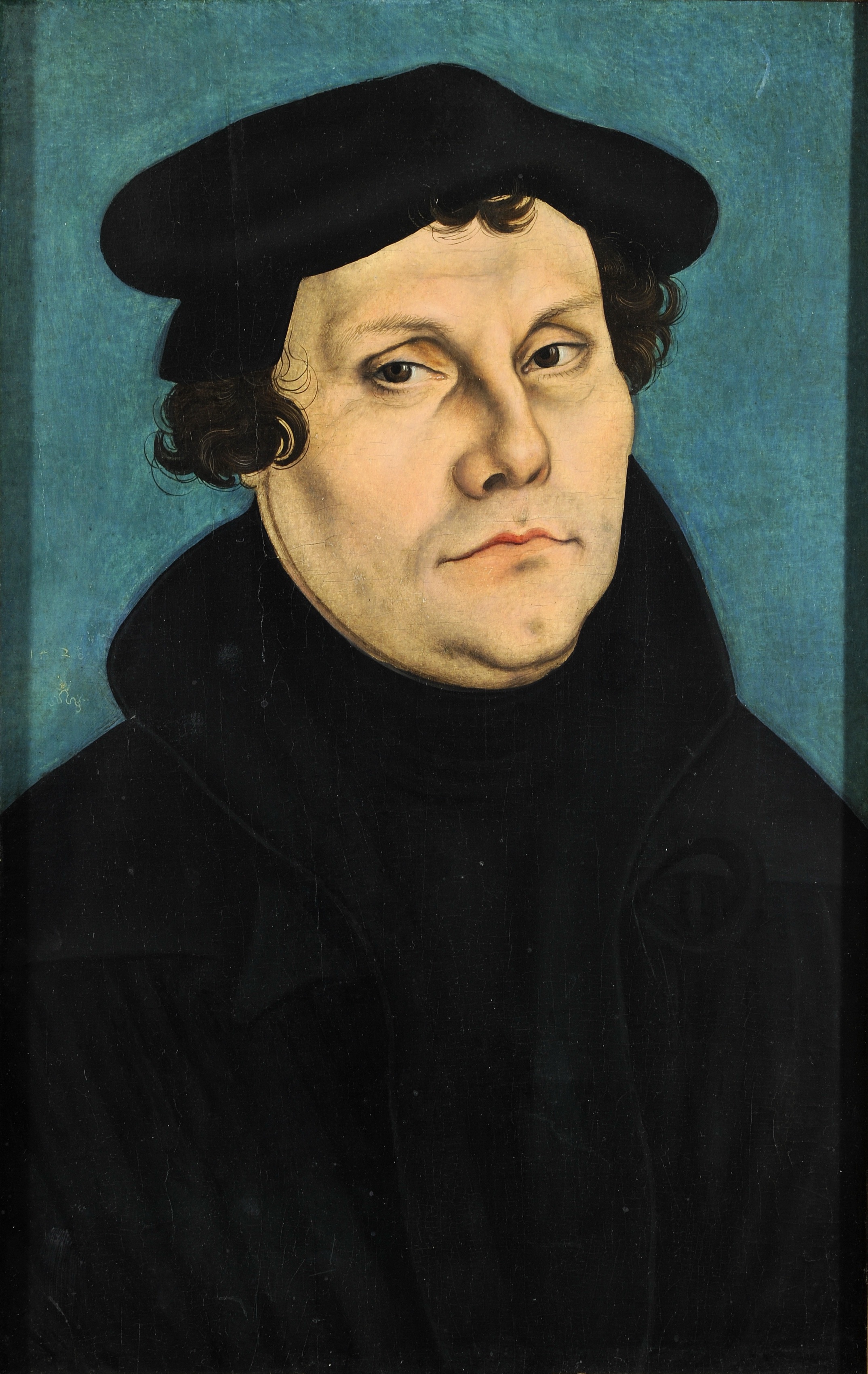



 (Vatican Radio) In following Christ, one walks with perseverance and without triumphalism, said Pope Francis in his homily during Friday morning’s Mass at Casa Santa Marta. The Mass was attended by personnel from Libreria Editrice Vaticana, including the director of the publishing house, Fr. Giuseppe Costa, as well as personnel from the Vatican pharmacy and perfume shop.
(Vatican Radio) In following Christ, one walks with perseverance and without triumphalism, said Pope Francis in his homily during Friday morning’s Mass at Casa Santa Marta. The Mass was attended by personnel from Libreria Editrice Vaticana, including the director of the publishing house, Fr. Giuseppe Costa, as well as personnel from the Vatican pharmacy and perfume shop.